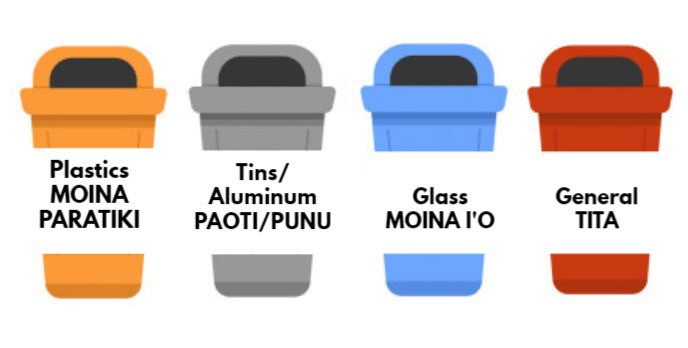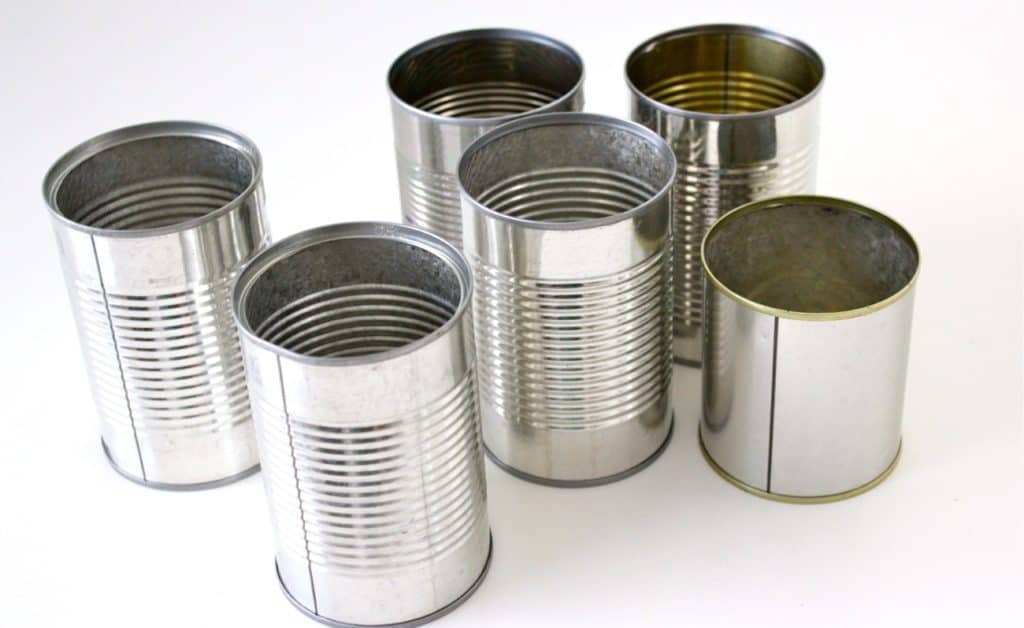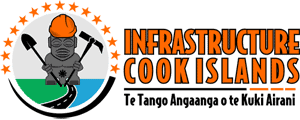Clean and separate your recyclables into:
1. Plastics PET 1 and 2 (Orange bin)
2. Aluminium and tin food cans (Light grey bin)
3. Glass (Blue bin)
4. General waste – no food, scraps, no hazardous waste, no vegetation (Red bin)

Why clean recyclables?
Clean recyclables means it has a higher value. Recyclers overseas turn away dirty recyclables or we receive a lower payback if they are unclean. So give tin food cans a wash and beverage bottles and cans a quick rinse.
This will also reduce vermin and dogs getting into bins and rubbish bags.

Solid waste is a serious problem here in the Cook Islands due to limited land, a high import economy, distance from large ports, and our small economic base.
We must all work together and rethink our daily practices to reduce what goes to landfill. We can do this by very simple practices, that is to avoid creating waste in the first place by choosing products with less packaging and using reusable cups, containers and bags, and separating recyclables from our general waste. Never put vegetation waste, food or food scraps in bins for roadside collection. Compost them or feed to pigs and chickens.
Sorting clean recyclables at the source is the best way to improve efficiencies in waste management. It makes our job at the waste facility much easier.
Check the 4R's
Sending rubbish to the landfill should always be the last resort when it comes to waste, so before putting bags out to be collected, always check the ‘4’R’s’.
The 4R’s are organized in order of importance. The first goal is to REDUCE the amount of waste we generate. If we use less things, we reduce the amount of waste produced.
